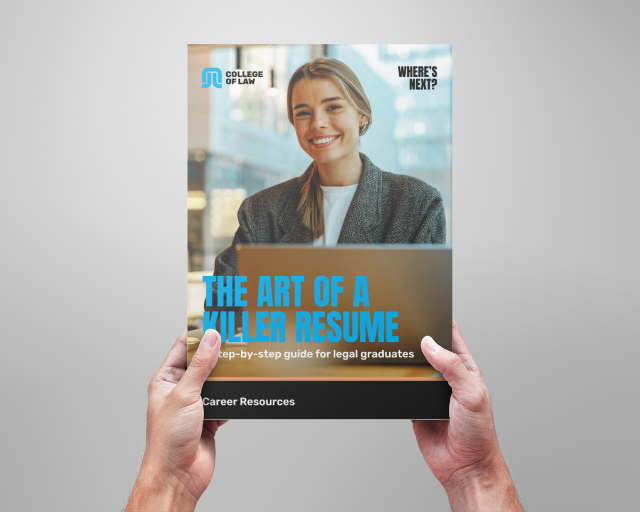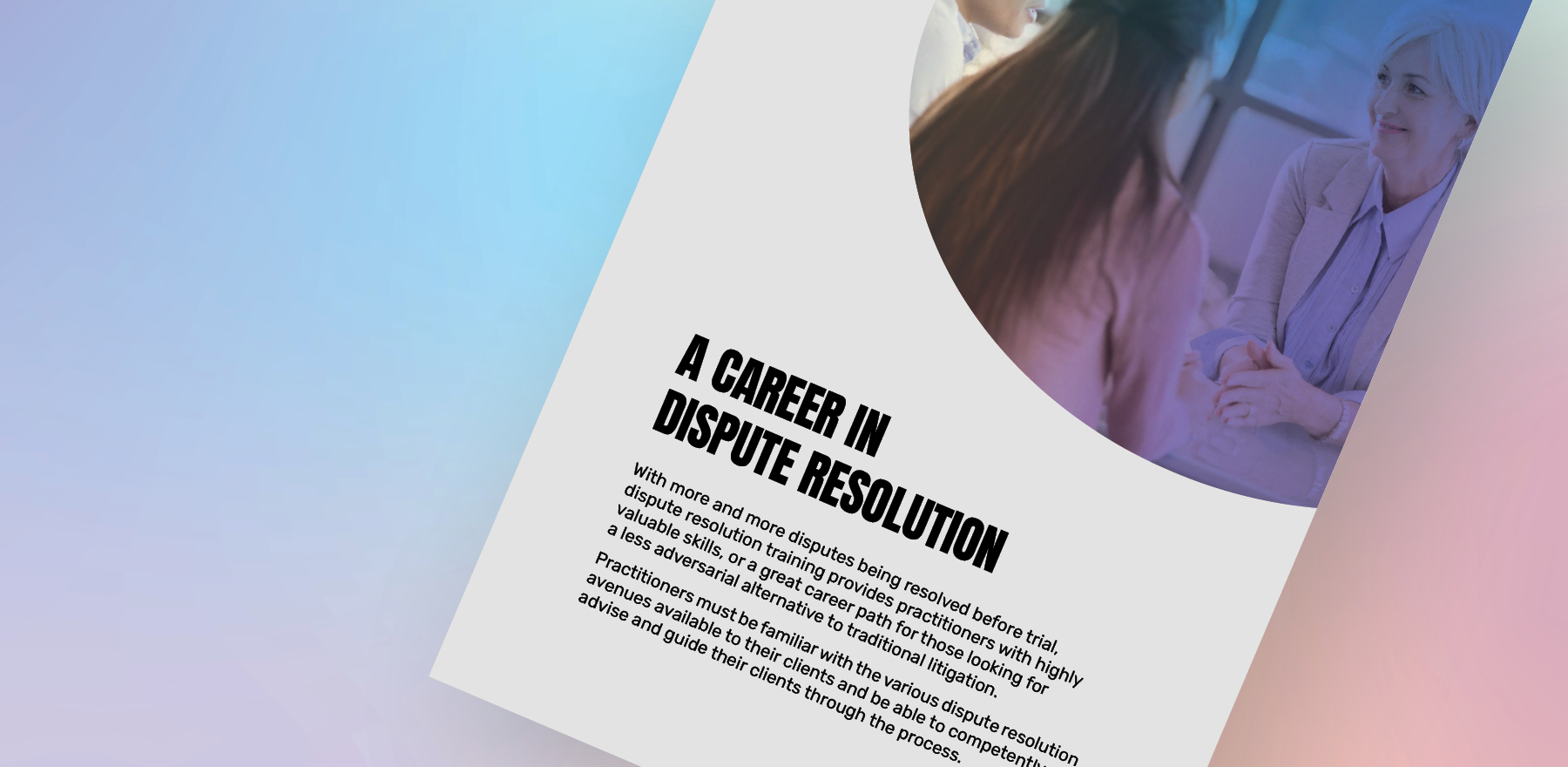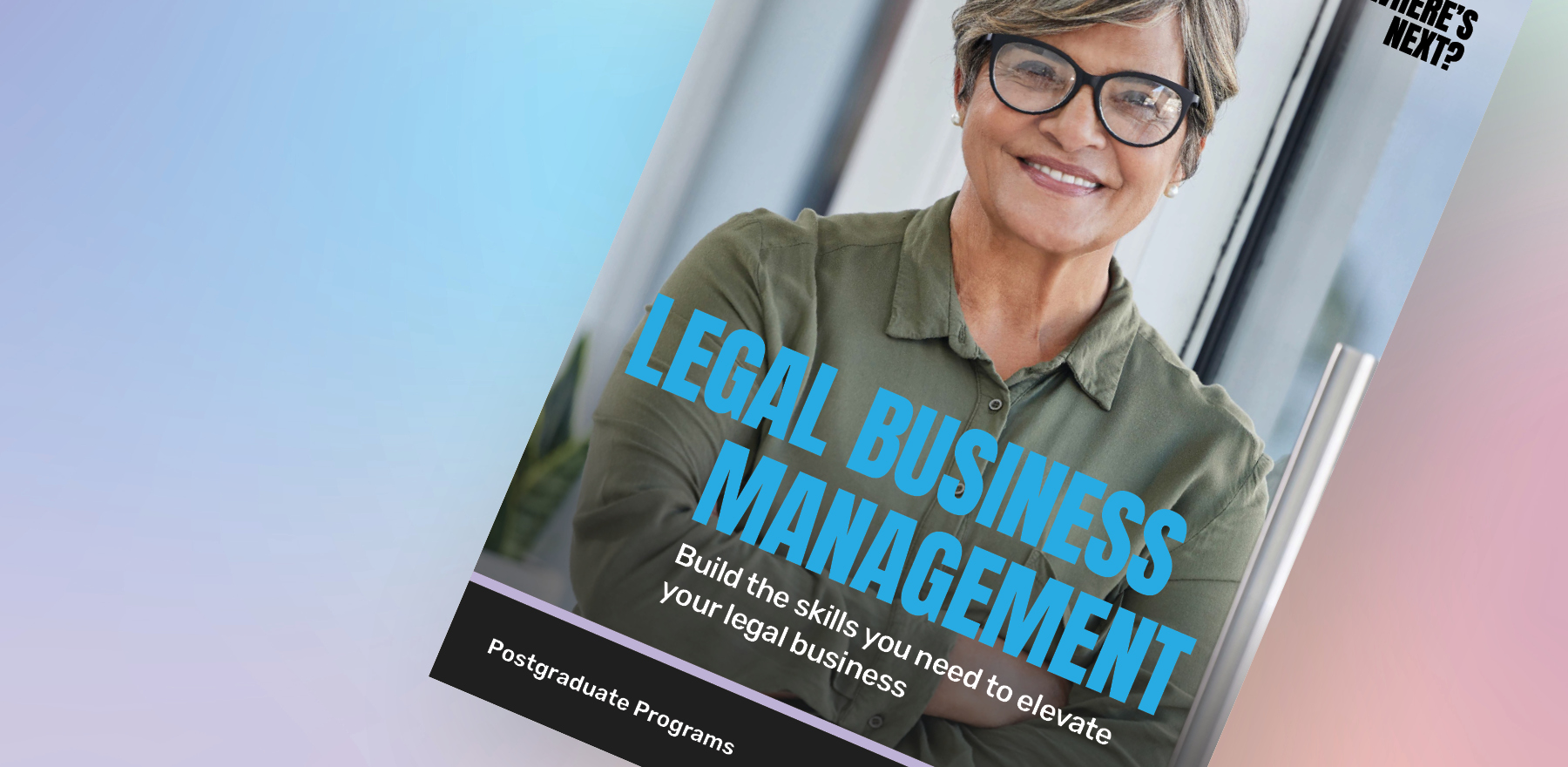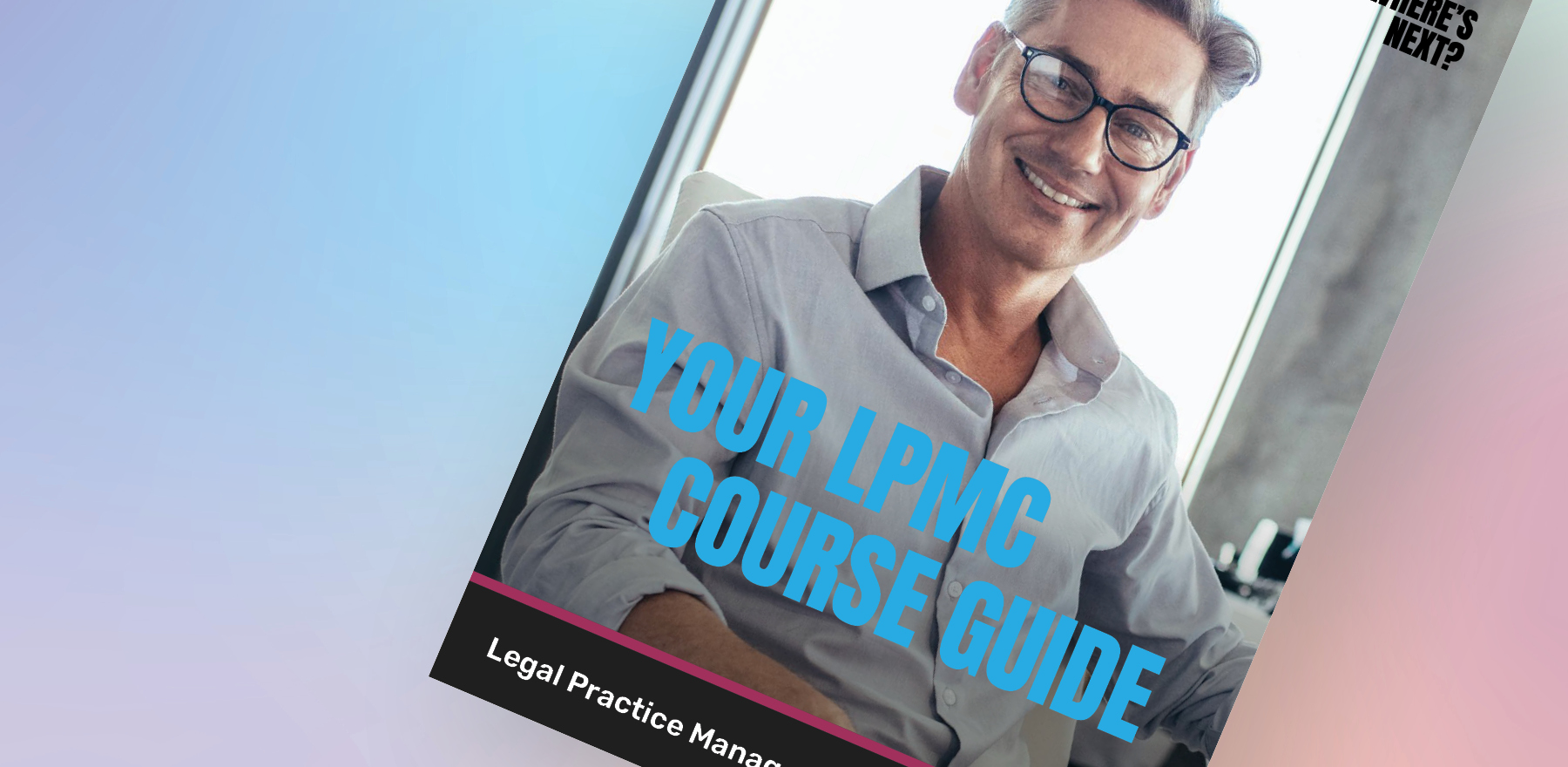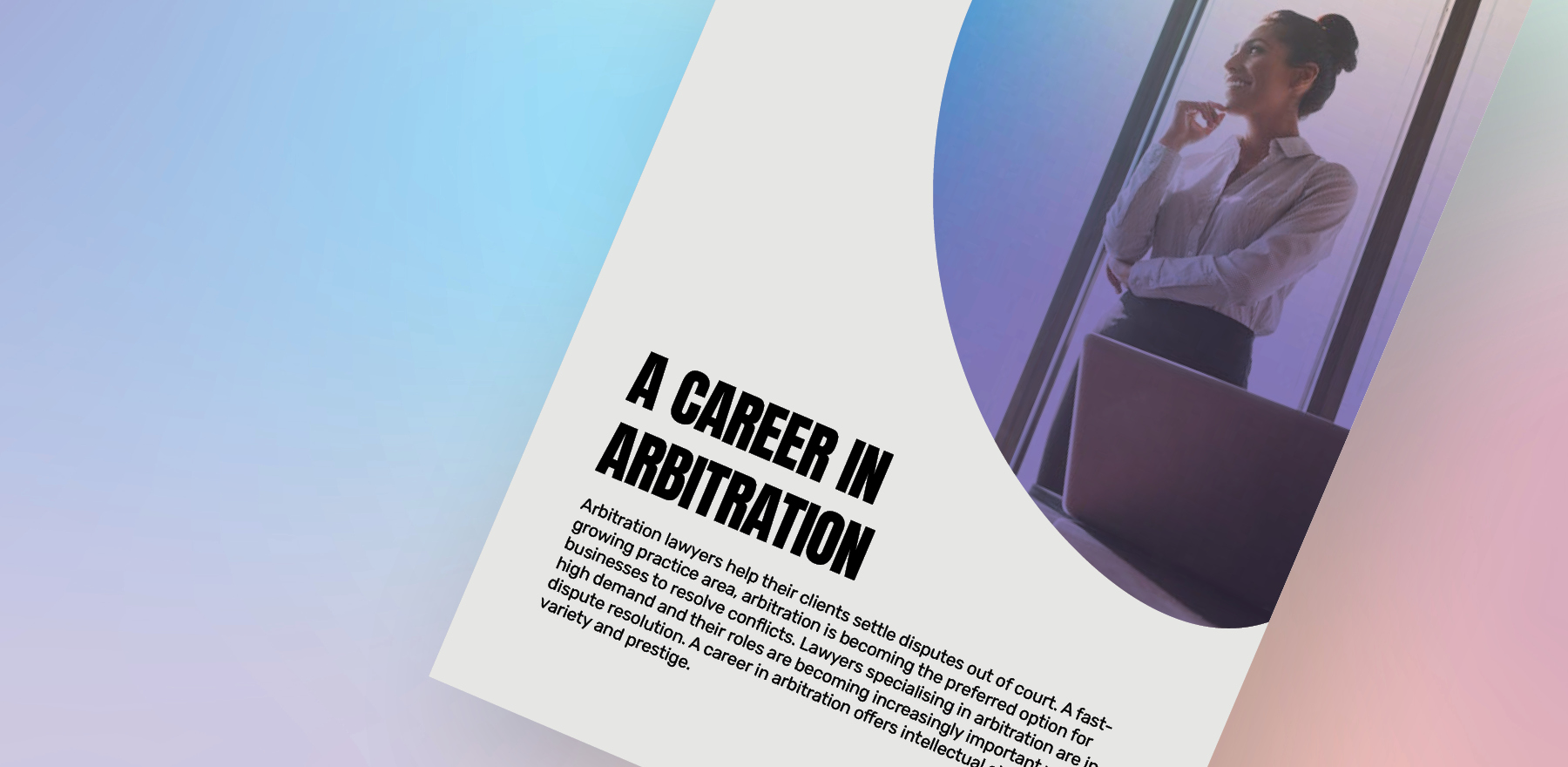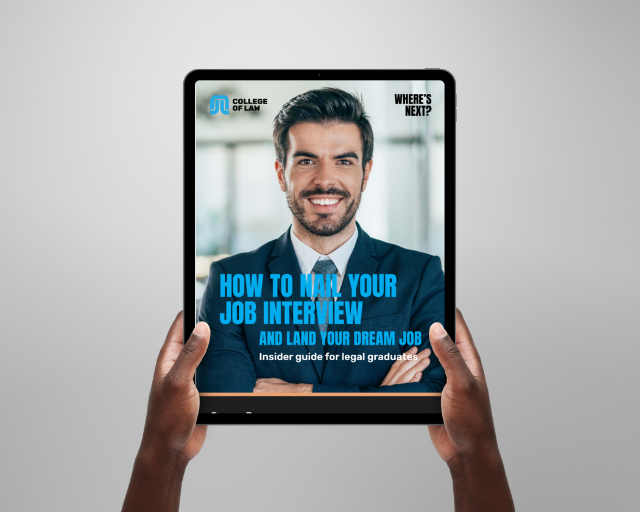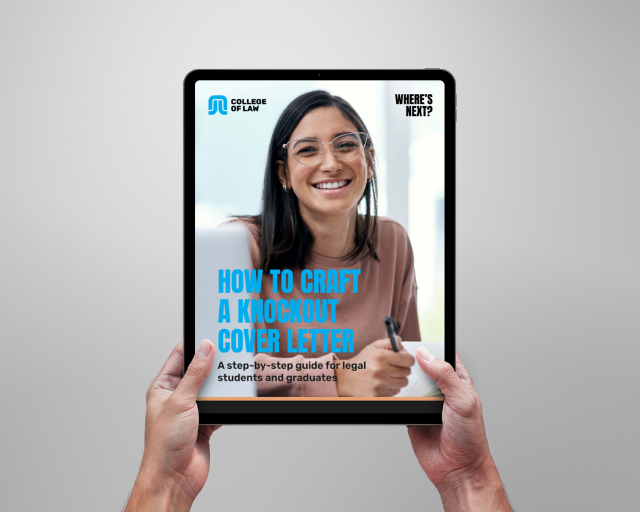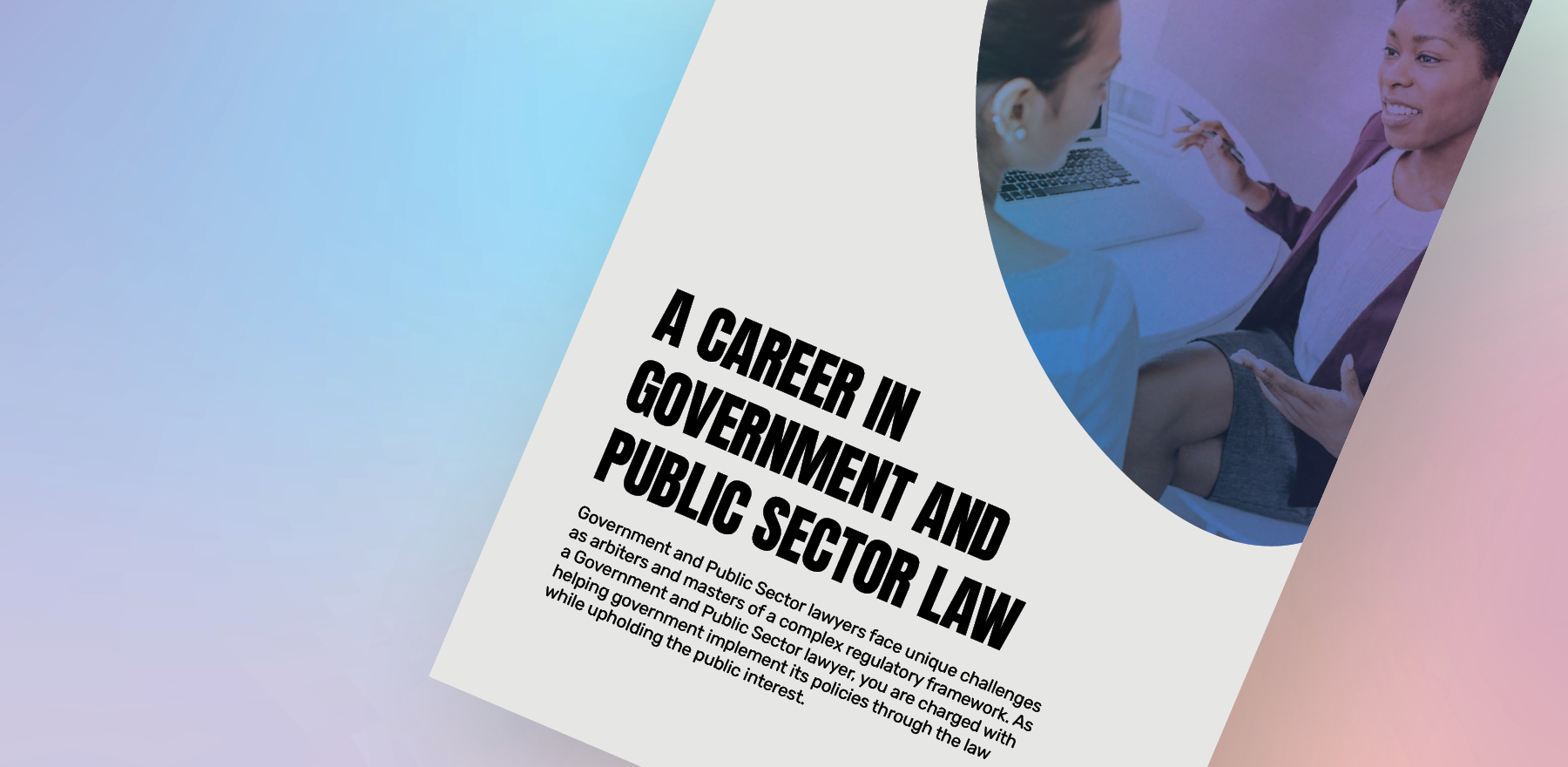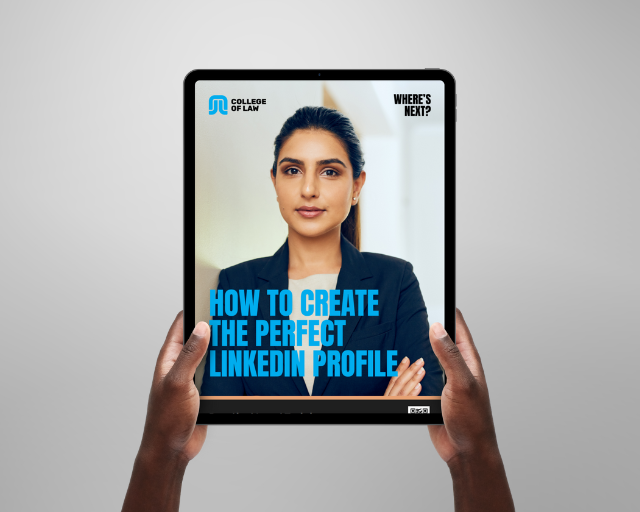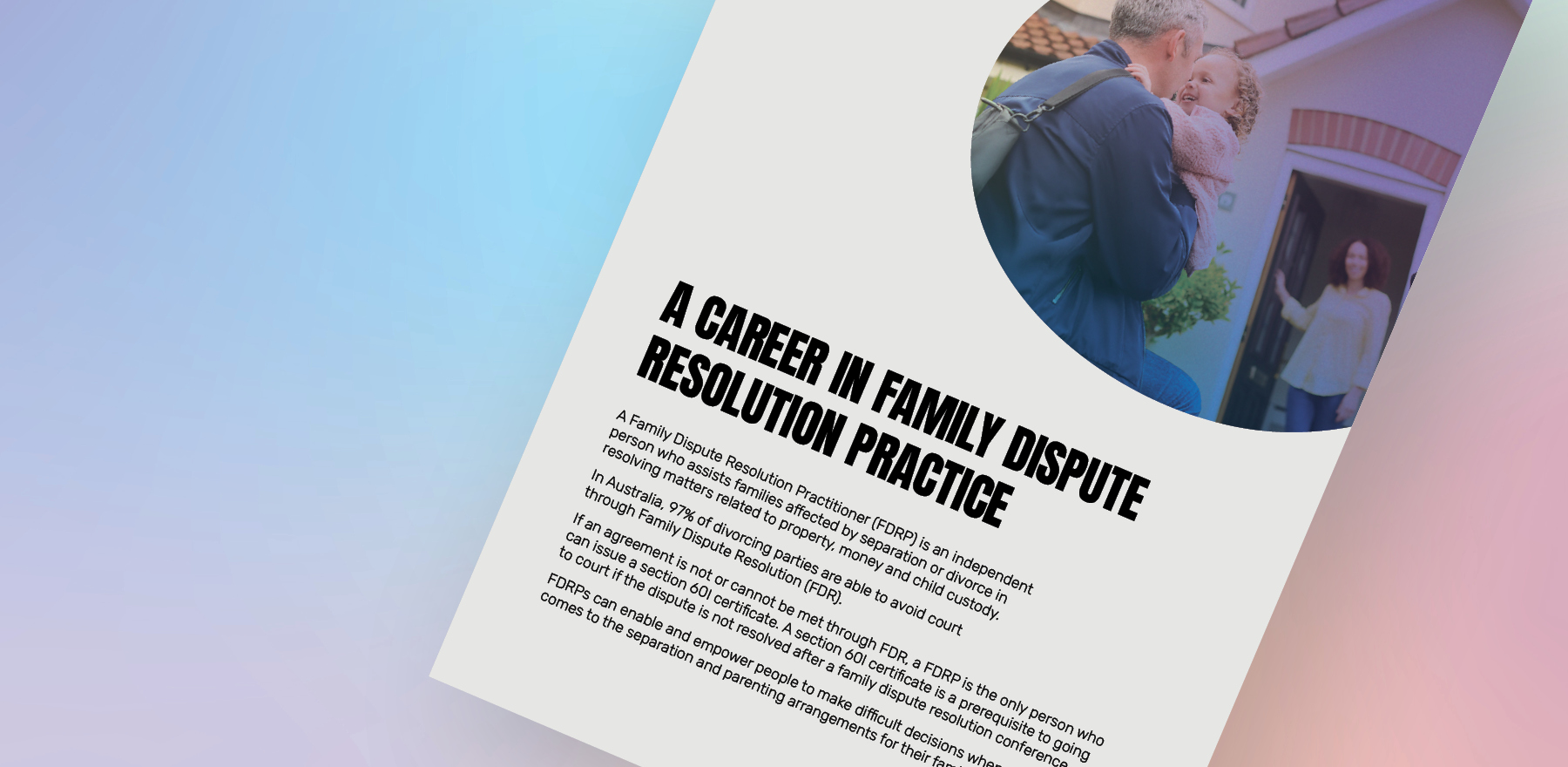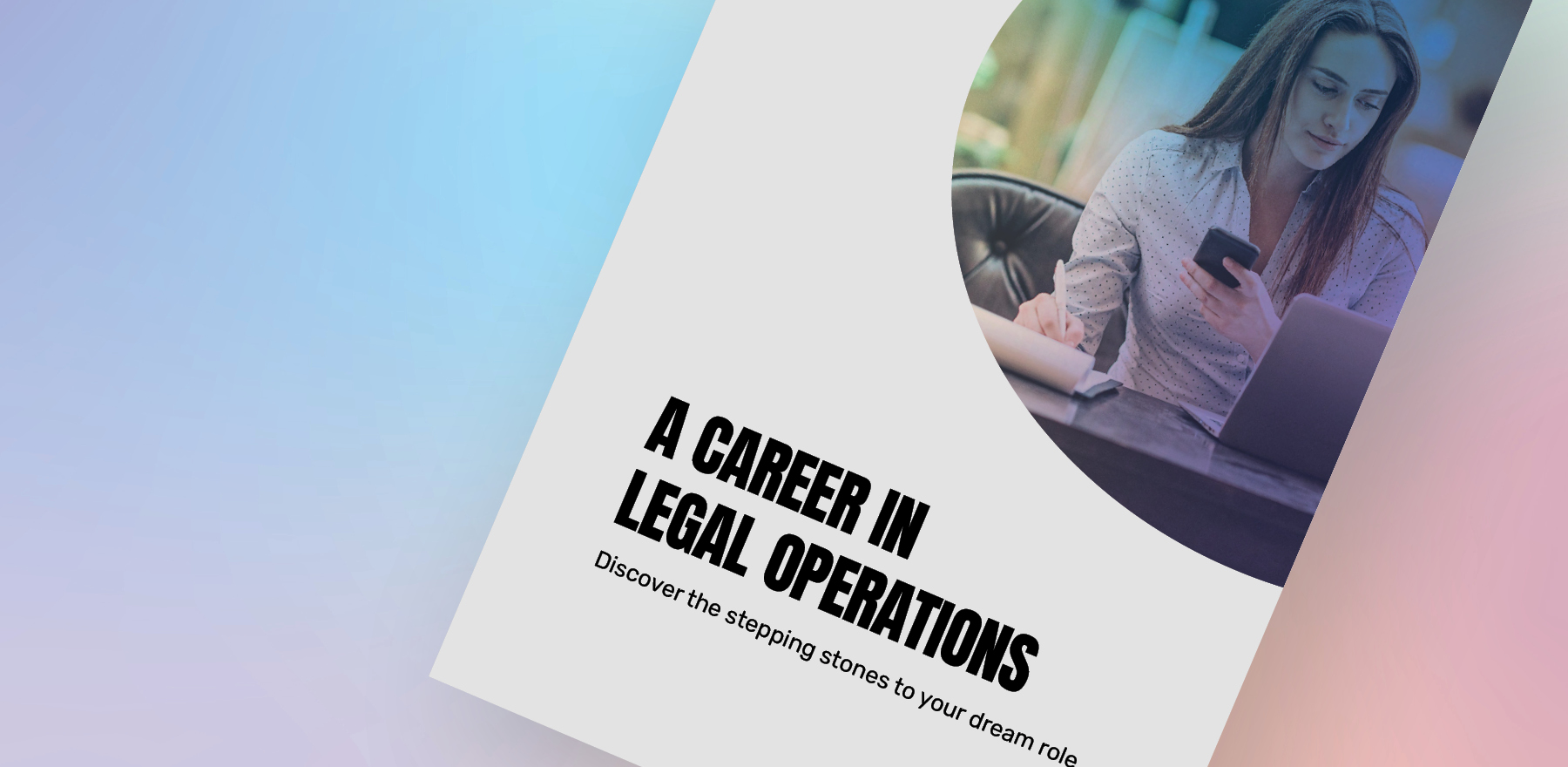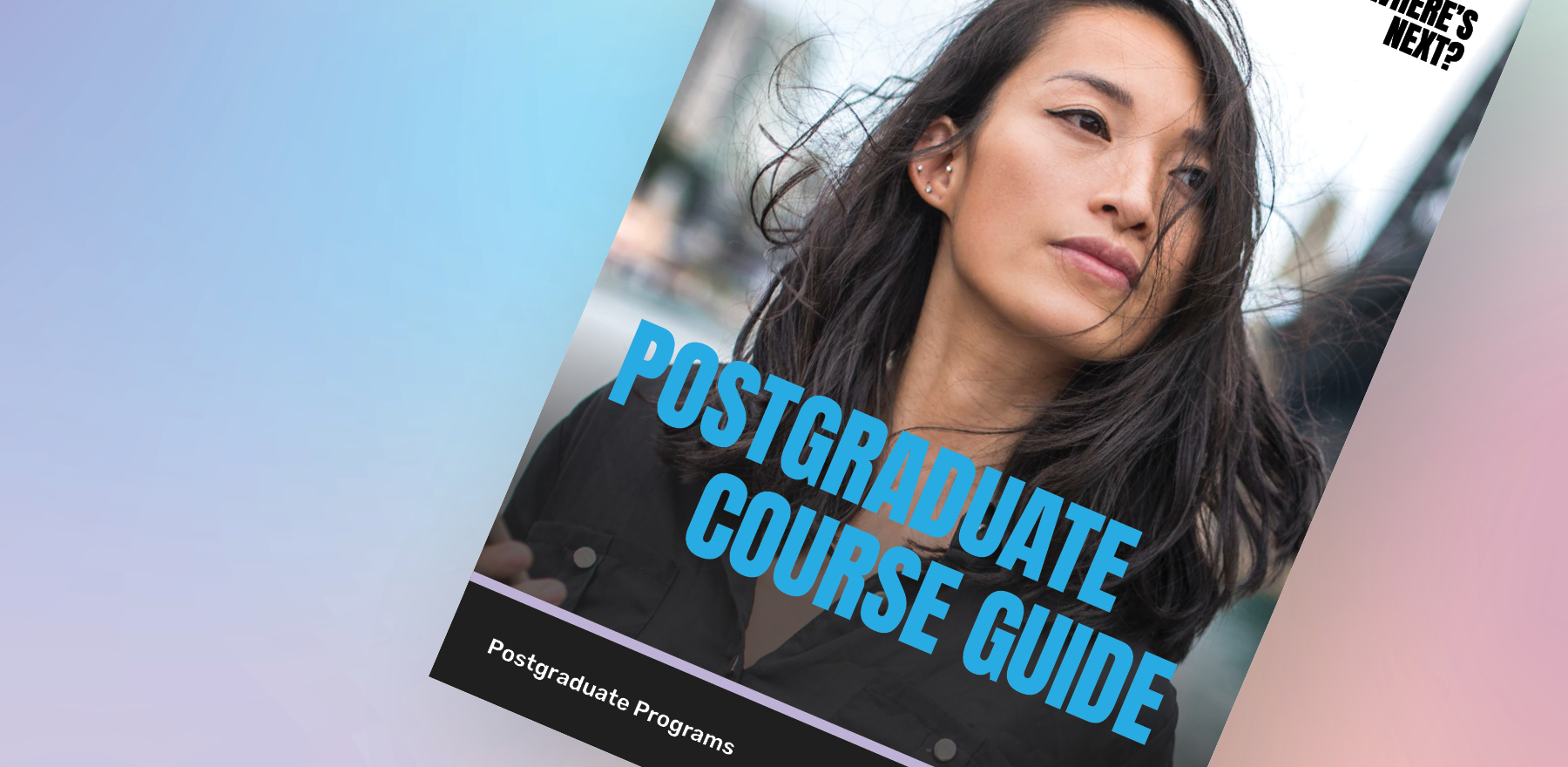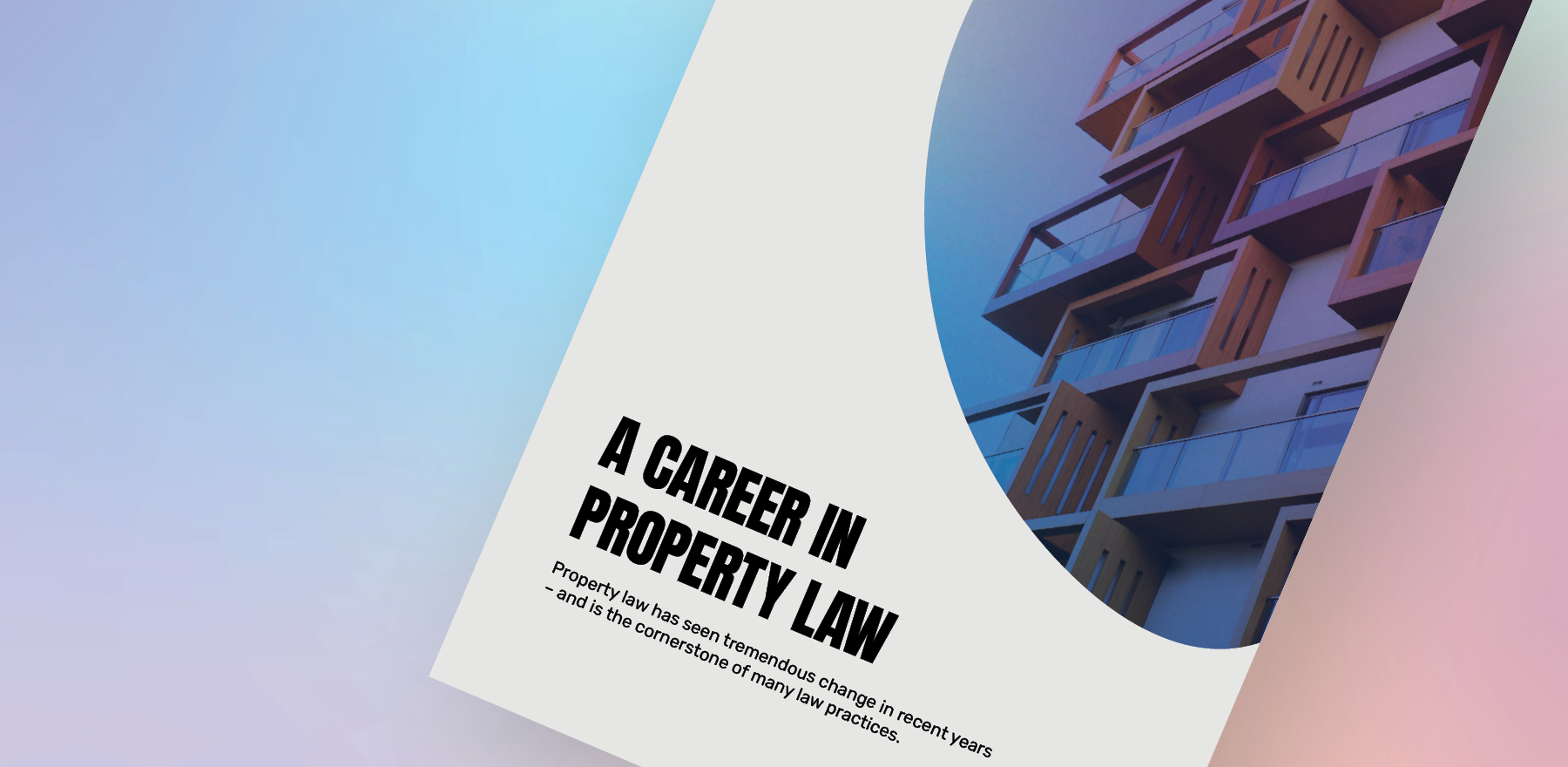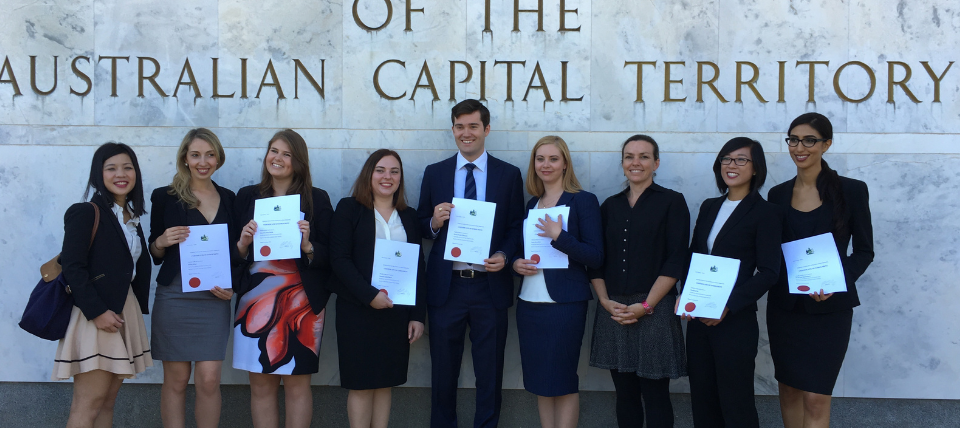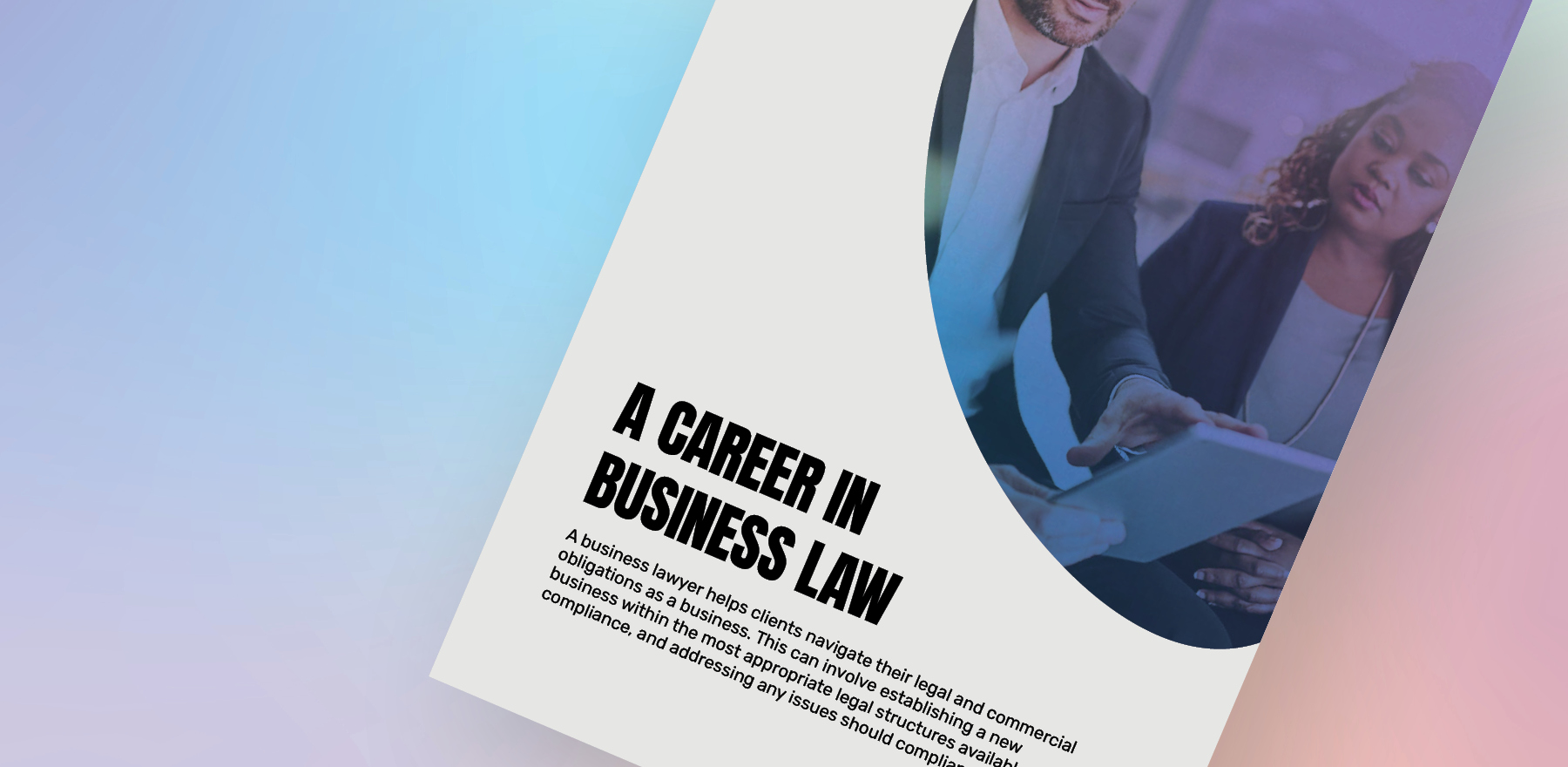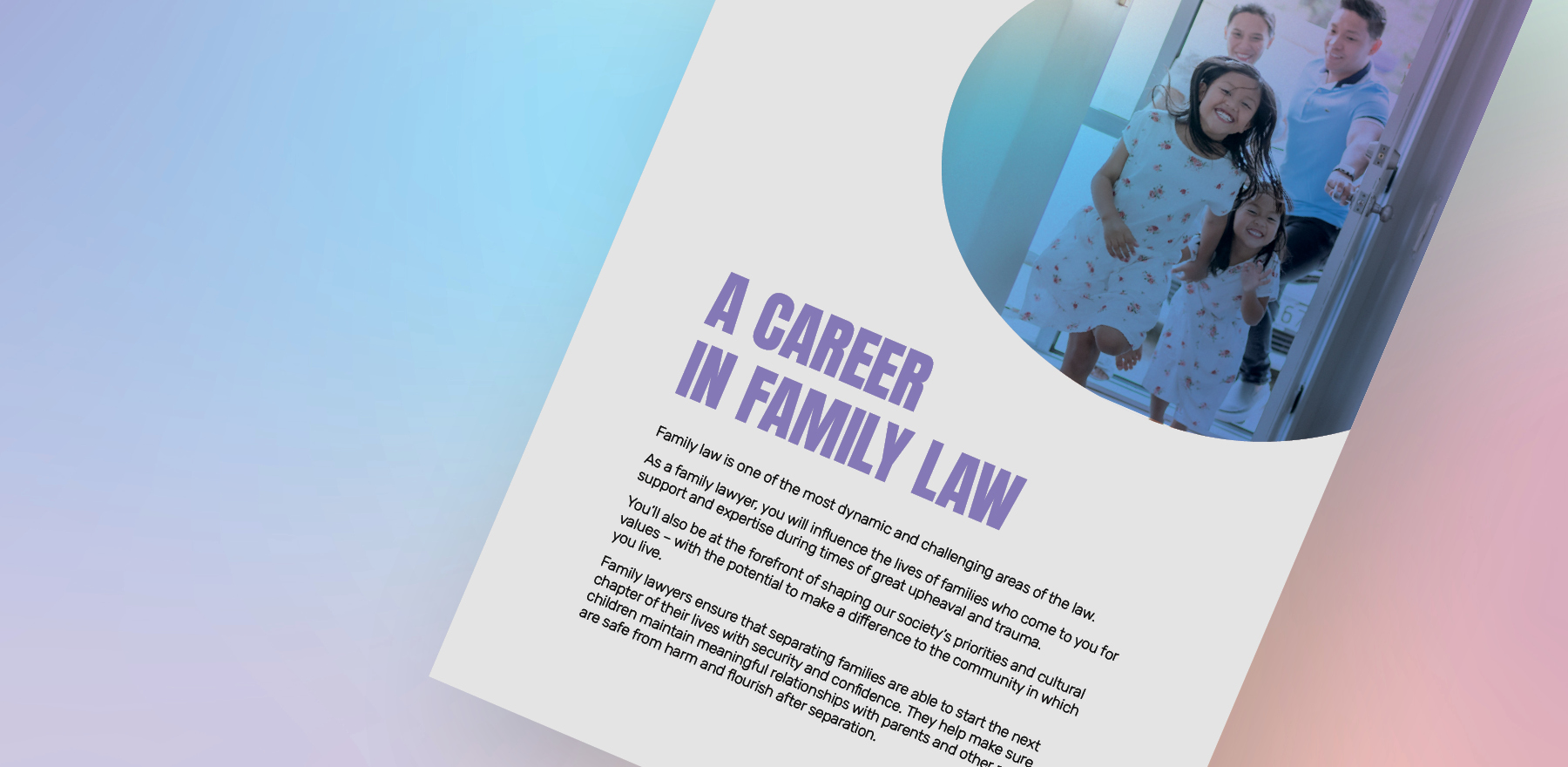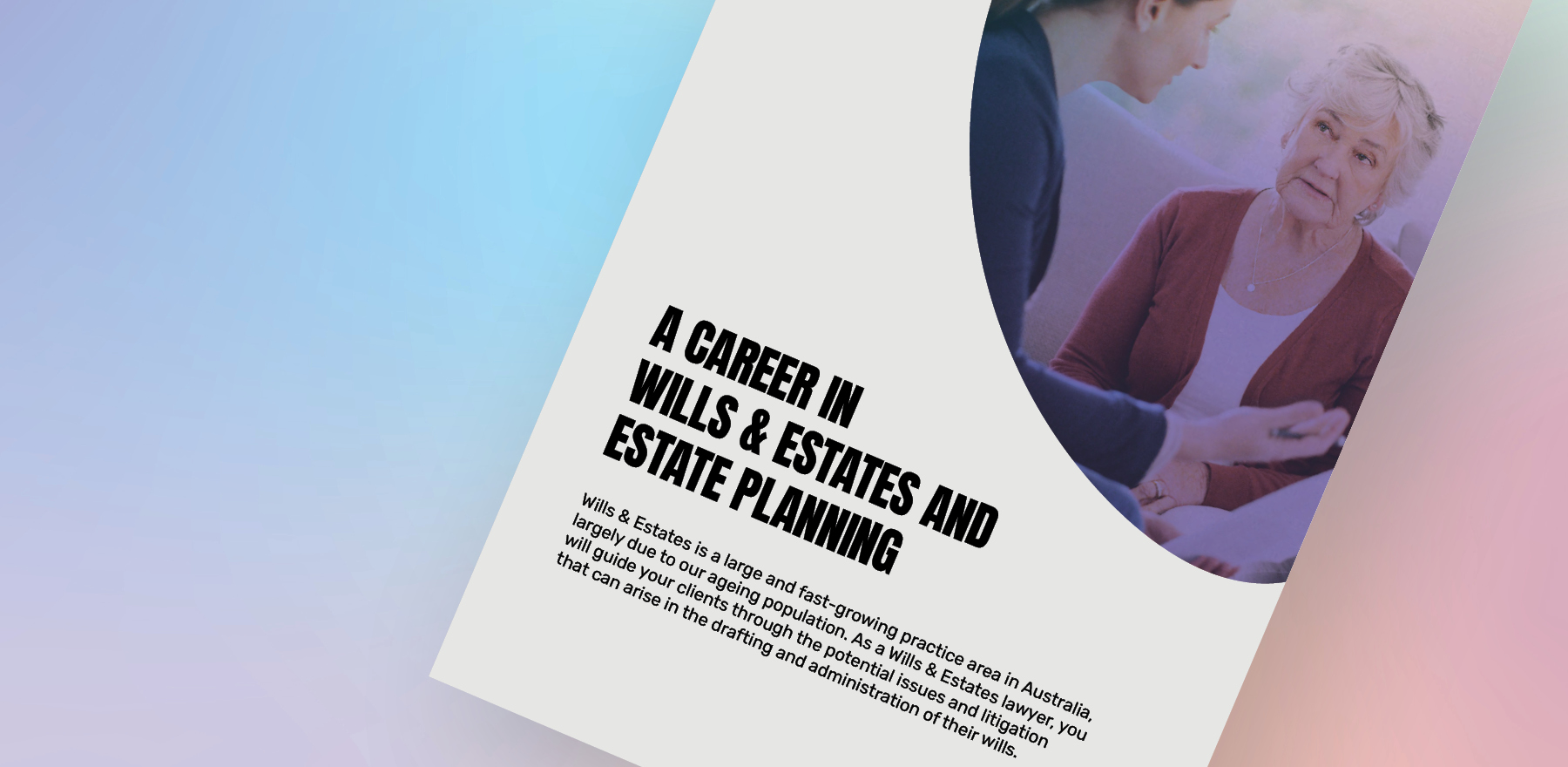Are you on the lookout for a rewarding legal role? With all the formalities and drawn-out processes, the journey can be overwhelming.
From writing a professional resume, to tailoring your cover letter, to nailing your interview. There are many stages to get right.
We get it. And we’ve got your back.
In this guide, we take you through everything you need to find (and land) a perfect fit. Expect plenty of insider secrets along the way!
1. Explore the job market - strategically
To find the right job for you, you first need to understand your options. Because when you know what opportunities are out there, you can focus your efforts in the right direction.
But where should you begin your search? Start by taking a look at the College’s Jobs Board, browse online job search engines – or even explore the hidden job market.
Want to maximise your odds? Try all three.
The College of Law’s Jobs Board
Our noticeboard provides more opportunities for law students than any other website in Australia. And with our deep
connections throughout the legal industry, we actively source new employers – often hosting over 100 jobs at any one time.
We also provide a free service where you can post your resume on the noticeboard. Upload, relax and let employers search for you.
To get started, visit collaw.edu.au/jobs.
Online job boards
Simply search Google for ‘graduate lawyer jobs’ and you’ll find a range of job databases. All-purpose job boards. Legal-specific job boards. Dedicated career pages for each firm. And government jobs sites and LinkedIn pages.
But keep in mind, the convenience of applying through these websites means you’ll be competing with a large talent pool. So to gain an edge, make sure your resume and cover letter stand out from the crowd. (Refer to our tips in Section 2.)
And if your research is running dry, be creative. Expand your search criteria to broaden your potential legal pathways. You may want to consider other cities or types of organisations.
|
Social justice, community and volunteering websites |
|
|
Legal websites |
|
|
Legal recruiters |
|
|
Government jobs – federal, state and local |
|
The hidden job market
How do you access a market that’s hidden? By putting yourself out there and building a profile in the legal profession.
A favourable referral from an employer, peer or colleague will spare you the time and costs normally required in the traditional recruitment process.
Sometimes, positions can even be built around you if your profile and skillset resonate with an employer.
Want to land an unadvertised job? Here are some tips to build your connections and give yourself every opportunity.
- Have purposeful and planned discussions with your legal seniors to discuss your options
- Join and participate in your local law society or a special interest group
- Volunteer at your local, regional, interstate or overseas legal community centre
- Participate in mentor programs
- Sign up for networking events and connect with professionals on LinkedIn
- Explore interim roles outside of the law to develop transferable skills
2. Perfect your first impression
Once you’ve identified the roles that interest you, it’s time to craft a compelling resume and cover letter to grab the employer’s attention.
These documents are often the difference between you and other candidates. (And you want to be the proud owner of a winning one.)
We’ve collated our top resume and cover letter tips to help you stand out in this competitive field.
The art of the killer resume
A first-rate resume is your ticket to the next stage of your job search: the all-important interview. So invest the time to create one that’s relevant, direct, concise – and reflects you.
Unsure of what you should cover? Follow these three tips and you can’t go wrong.
Include only the important details
It’s easy to get carried away when filling out your resume. But this is not the place to recap your life story or showcase your creative writing.
Instead, keep things clear and concise. And stick to the must-know details. Also, don’t forget to tailor your resume for each job you apply for.
Include these key points and you’ll be off to a flying start:
- Contact details
- Career overview
- Legal career history
- Education and PLT
- Professional association memberships
- Volunteer experience
- Other work experience
Draw out your skills
Highlight your work experience and transferable skills. The key is to highlight your worth with punch and authority.
If you claim you have ‘well-developed writing skills’, then prove it. When possible, support your statements with an example. Better yet, provide irrefutable numbers or statistics for example, money you saved, projects delivered ahead of time or under budget, to demonstrate your capabilities in real-world situations.
What if you don’t have much professional experience?
You can still emphasise the skills and accomplishments you gained during your studies, internships or part-time jobs. These could include research, client management or public speaking – all desirable traits that employers will be seeking in a lawyer.
Present it professionally
You’ve got all your information down. Now you need to make your resume shine with a visual design to match.
Spend time finessing the layout with an easy-to-read font, clear headings and ample white space. Most importantly, keep your resume to within two pages (unless the job ad specifies otherwise).
Craft a knockout cover letter
Your resume and cover letter go together as a complementary pair. So when it comes to your cover letter, resist the urge to rephrase what’s in your resume.
Instead, include new information that will hook the recruiter or employer – and leave them curious for more. Here’s how you can prepare a compelling cover letter.
Master your introduction
Recruiters are busy people. So your opening paragraph will often make or break your entire application.
Use this valuable space to identify the job position and how you found it. Then dive into how you align with the employer’s culture, values and needs.
To source this insider info, scour through the company’s website, LinkedIn profile and online publications. Then use your findings to build a case for why you want to join their team.
Tell your story
A standard cover letter has three to four paragraphs. This is your opportunity to demonstrate why you’re the perfect fit for the advertised role.
How? By addressing the selection criteria in the job ad – and how your unique blend of skills and experience will benefit their firm.
Be specific, supporting each statement with evidence.
Also, many employers now use AI algorithms to shortlist candidates. If you fail to address their job description, you might be overlooked before a single human even reads your application.
Wrap it up strongly
Finish your cover letter on a positive, enthusiastic note.
Reinforce how you can contribute to their firm and that you welcome the opportunity to meet for an interview.
Be sure to mention your resume or any supporting documents, like your academic transcript.
LAW GRADUATE SAMPLE COVER LETTER
Download the full step-by-step guide to writing a knockout cover letter to catch the attention of your potential employer.
3. Keep building your experience
While you’re job searching, make use of your free time by staying proactive. Remain on the lookout for opportunities to expand your experience and knowledge.
Why? Employers value self-starters who take initiative.
Not only will your enthusiasm give you an edge over other candidates, but it will also prepare you to transition from student to professional.
Take on unpaid work and activities
Unpaid work or internships can set you apart and become your key to entering the legal profession.
You’ll gain hands-on experience with real legal cases and expand your professional network.
You can also get active within your university’s law student society.
Or you can join an association that hosts events simulating the legal world – with activities like mooting, debates and client interviews. By mingling with your peers, you’ll gain more confidence and connections. You might even find a great mentor too.
Certify yourself and build your credentials
As every other candidate is also applying with law school credentials, you should expand your repertoire and bulk up your resume with valuable workplace skills.
You might like to join a webinar on communication or time-management – and upskill your capabilities in areas that are very relevant to the legal profession.
To stay informed with the latest legal insights, join The College of Law’s free monthly career webinar. We invite legal professionals to share advice – and law graduates to recap their first year in practice.
Stay on top of trends
The legal world is fast-paced. To become – and remain – an effective lawyer, you must have a firm grasp of the latest developments. And luckily, it’s all readily available online.
Subscribe to law publications like Survive Law, Lawyers Weekly or LSJ, follow influential law firms on social media or simply tune in to podcasts that discuss the areas of law you’re most interested in.
4. Ace your interview
Congrats! You’ve booked your first interview – and you’re one step closer to landing a job. Now it’s time to prepare for what’s to come.
The good news is, if you’ve made it this far, the interviewer wants to learn more about you! So let your personality, professionalism and presence shine.
Before the interview
Want to start your interview feeling confident and assured? Research is key.
Get to know your prospective employer and understand the role you’re applying for by:
- Studying the job description and key criteria
- Browsing through the company’s website and LinkedIn profile
And remember, interviews are a two-way street.
So prepare a few questions to ask the interviewer. Tailor your questions to the role and what interests you about the firm.
During the interview
Interviews can be daunting to even the most seasoned professionals.
Thankfully, there are a few essential tips to help you put your best foot forward.
- Be punctual and presentable
- Get rid of distractions by silencing your phone
- Show enthusiasm through your body language
- Share your genuine interest in the role and organisation
- If you can’t immediately answer a question, ask for a moment to pause and collect your thoughts
Ask questions and build rapport with the interviewer.
After the interview
After your interview is done and dusted, now’s the time to bring it home. How? By sending a follow-up email… 48 hours later.
This is your opportunity to reinforce your suitability for and interest in the role – and to set yourself apart from all those candidates who didn’t do the same.
After that, be patient. The firm might be interviewing other candidates throughout the week. Harassing them with emails or calls will only set you back.
But if the interviewer has gone past the decision date, you can gently follow up again after 24-48 hours.
Meanwhile, keep looking for more jobs until you’ve officially signed a contract.
5. Remain Positive in Your Job Search
The job application process won’t always be smooth sailing. And you will likely receive knockbacks along the way.
A rejection email (or worse, no response at all) can be especially disheartening when you’ve put so much time, effort and emotional energy into a role. It’s even more frustrating when you don’t know why it didn’t work out.
But remember, this is simply the reality of the job market – and nothing personal. So step back and realise that staying positive is key to your job search journey.
Stay focused and committed
We recommend practising Krumboltz’s Happenstance Learning Theory (HLT) to help you stay on track. To remain upbeat and increase your odds for success, lean on these five attributes:
- Curiosity: Learn something new regardless of where it leads.
- Persistence: Keep trying, even in the face of rejection or silence.
- Flexibility: Adapt yourself or your aims by finding a different path if things don’t go according to plan.
- Optimism: Believe that your goals are within reach and every experience is beneficial. There may even be better offers that you didn’t dream of down the road.
- Risk-taking: Stay proactive and pursue every chance that comes your way.
Your road ahead may have a few twists and turns
Many graduates we hear from took less traditional routes – yet still succeeded as lawyers.
One jumped in a car and visited every law firm within a 10km radius. Another revisited their professional contacts to earnestly ask for insights, ideas and perspectives.
So try different approaches and take time to build your capabilities. Stay motivated and widen your options.
10 SKILLS TO INCLUDE ON A LEGAL RESUME (WITH EXAMPLES)
Download the full step-by-step guide to writing a killer legal resume.



